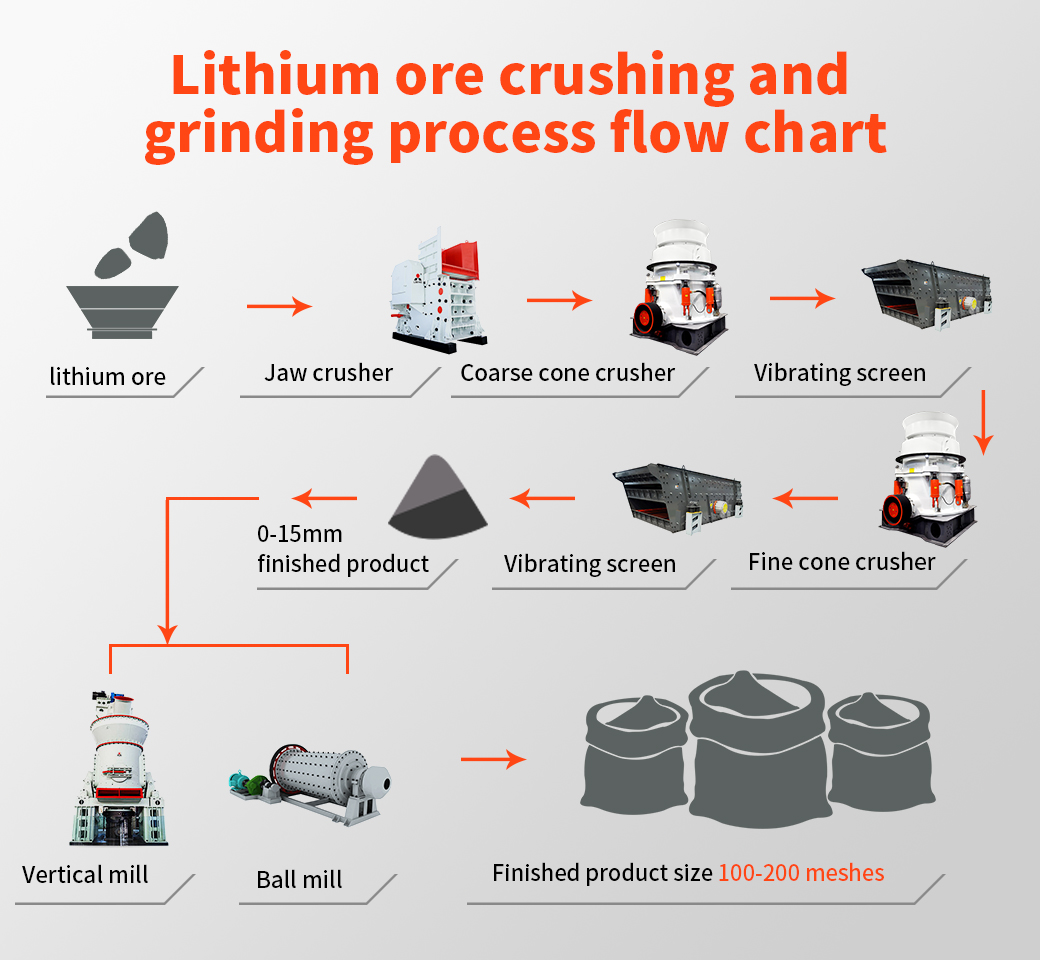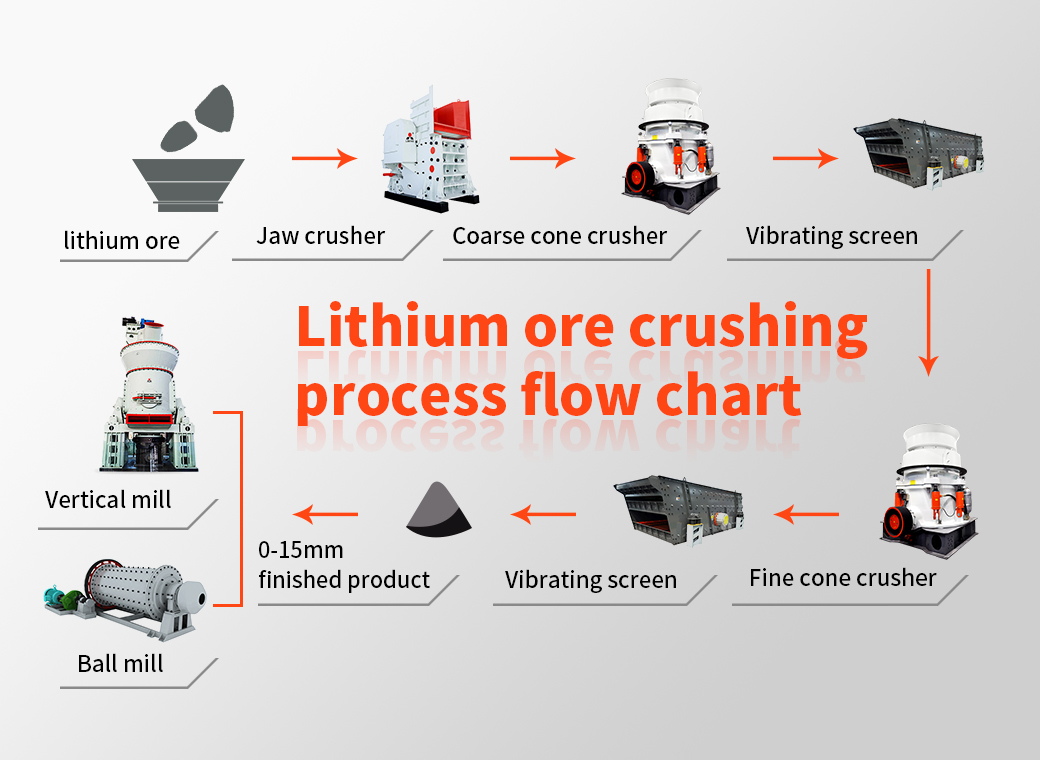ball mill applied for cement grinding process
Ball mill is a crucial equipment in the cement grinding process. It grinds clinker, gypsum and other materials into fine powder to make cement. The ball mill has two chambers – the first one is for coarse grinding and the second one is for fine grinding. The material from the first chamber goes through a separator to separate any unwanted particles before entering the second chamber.
The rotation of the ball mill causes friction between the grinding media (balls) and raw materials which crushes and grinds them into a fine powder. A typical ball mill consumes around 30-40 kWh/tonne of cement produced, making it an energy-intensive process.
To reduce energy consumption, many cement plants are now using vertical roller mills instead of traditional ball mills. However, ball mills still have their advantages when it comes to ease of operation and maintenance.
While there are alternatives available today that can replace ball mills in some situations, they still remain an essential part of many cement production processes due to their reliability and efficiency.

ball mill applied for cement grinding process
To sum up, the cement production process is a complex and intricate process that involves several stages. These three stages are crucial for the production of high-quality cement that can be used in various construction projects.
The first stage involves grinding the raw materials that are needed to produce cement. The second stage is the burning process, where these materials are heated at high temperatures to form clinker. In the third stage, this clinker is ground into fine powder using ball mills and other equipment.
Throughout each of these stages, it’s essential to maintain precise control over temperature, pressure and other factors to ensure optimal results. Any deviation from these parameters could compromise both product quality as well as safety standards.
By understanding all aspects of the cement production process – including best practices for milling with ball mills – companies can help ensure consistent output while meeting stringent regulatory requirements. With more emphasis on sustainability than ever before in manufacturing processes globally today it’s important that every step taken towards bringing sustainable products should not comprise on quality too!





 Spodumene: According to the hard rock crushing process, the crushed product is generally 5-40mm, combined with different design requirements of customers, two-end or three-stage crushing, high-grade crushed products (above 4-5%) can be directly used in the metallurgical process to produce lithium carbonate Or lithium hydroxide, the particle size of the finished product is generally around 20-40mm; low-grade generally requires ball mill grinding and separation, and the particle size of the finished product is generally around 5-20mm;
Spodumene: According to the hard rock crushing process, the crushed product is generally 5-40mm, combined with different design requirements of customers, two-end or three-stage crushing, high-grade crushed products (above 4-5%) can be directly used in the metallurgical process to produce lithium carbonate Or lithium hydroxide, the particle size of the finished product is generally around 20-40mm; low-grade generally requires ball mill grinding and separation, and the particle size of the finished product is generally around 5-20mm;
